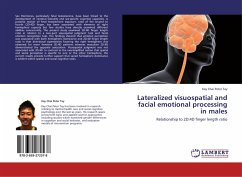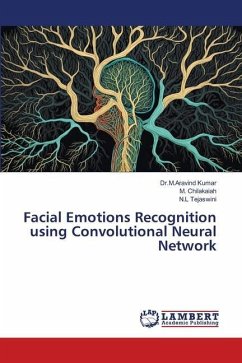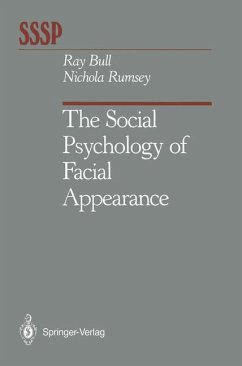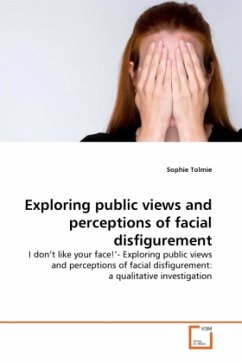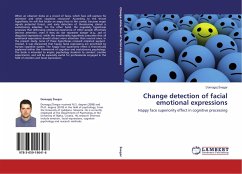
Change detection of facial emotional expressions
Happy face superiority effect in cognitive processing
Versandkostenfrei!
Versandfertig in 6-10 Tagen
25,99 €
inkl. MwSt.

PAYBACK Punkte
13 °P sammeln!
When an observer looks at a crowd of faces, which face will capture his attention and other cognitive resources? According to the threat hypothesis, he will first locate an angry face in the crowd, because anger signals potential threat, and early detection of threatening stimuli is evolutionary adaptive. On the other hand, the negativity hypothesis proposes that distressing emotional experience of other people effectively attracts attention, even if they do not represent danger (e.g., sad or disgusted expressions), while the emotionality hypothesis presumes that all emotional expressions shou...
When an observer looks at a crowd of faces, which face will capture his attention and other cognitive resources? According to the threat hypothesis, he will first locate an angry face in the crowd, because anger signals potential threat, and early detection of threatening stimuli is evolutionary adaptive. On the other hand, the negativity hypothesis proposes that distressing emotional experience of other people effectively attracts attention, even if they do not represent danger (e.g., sad or disgusted expressions), while the emotionality hypothesis presumes that all emotional expressions should attract more attention than neutral ones. In the present study, none of these hypotheses received empirical support. Instead, it was discovered that happy facial expressions are prioritized by human cognitive system. The happy face superiority effect is theoretically explained within the framework of cognitive and evolutionary psychology. The book is intended to inspire psychology students to conduct creative experiments, and will be especially useful for professionals engaged in the field of emotion and facial expressions.



